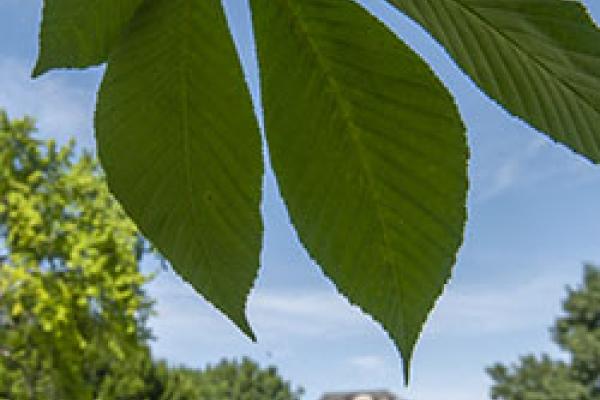
Environmental Science 7899 – Issues in Environmental Sciences
Watch the live seminar remotely via CarmenConnect
Seminar Chair: Gil Bohrer, bohrer.17@osu.edu
Seminar Coordinators: Michelle Smith, straley.23@osu.edu; Yanting Guo, zhao.1093@osu.edu
Course Requirements
This course is graded S/U. Satisfactory participation in this course includes all of the following:
- Attentive and active participation in lectures and discussion.
- Attendance at all classes, with one excused absence. If you must miss more than one class, see Dr. Bohrer.
- Advance reading for any seminars for which it is required
It’s Complicated: How can we best help Ohio beekeepers manage Varroa destructor?
By Hannah Whitehead
The obligate parasite Varroa destructor (“varroa mites”) is the most devastating pest in modern beekeeping. Since its arrival in the United States in the mid-1980s, V. destructor has dramatically increased winter colony loss, and decreased beekeeper profits. Part of why these mites are so destructive is that there is currently no way to get rid of an infestation: instead, there are a myriad of complex tactics that beekeepers can employ to reduce the mite population and increase the chances that the honey bee colony will survive the winter. In short, keeping bees alive is a lot more complicated than it used to be. As a result, many beekeepers – especially the new small-scale beekeepers that make of the majority of Ohio’s beekeeping industry – simply don’t know what to do. Indeed, national beekeeper management surveys produced by the Bee Informed Partnership have shown that many beekeepers don’t do anything to control their mites. Despite the need for radical management changes, there remains a lack of qualitative data on beekeeper knowledge and practices. In order to begin to fill this gap, I will use a “mental models” approach to assess what Ohio beekeepers know about the mite, what management strategies they currently employ and where they get their information. I hope to pinpoint gaps between scientific knowledge and beekeeper knowledge about mite management, in order to facilitate more effective communication and ultimately improve support for Ohio beekeepers.
My name is Hannah Whitehead. I am pursuing a specialization in Agroecosystem Sciences within the Environmental Science Graduate Program. I became interested in agriculture through my experiences working on organic farms in downtown Chicago and rural New Mexico. Most recently, I managed a diversified vegetable farm in Wayne County, Ohio. I’m interested in applying qualitative methods to issues of sustainable agriculture, in order to bridge the gap between scientific knowledge and real-world practice.
